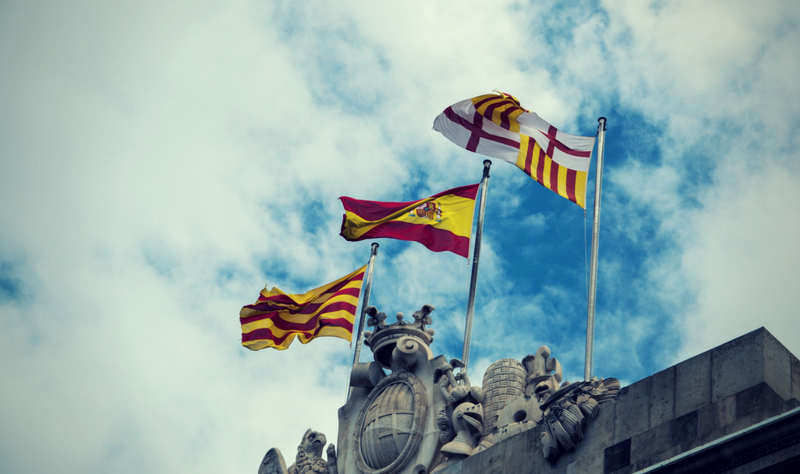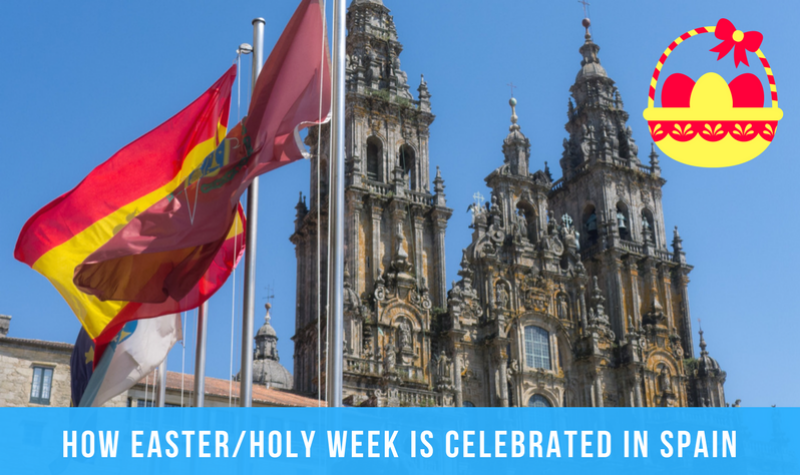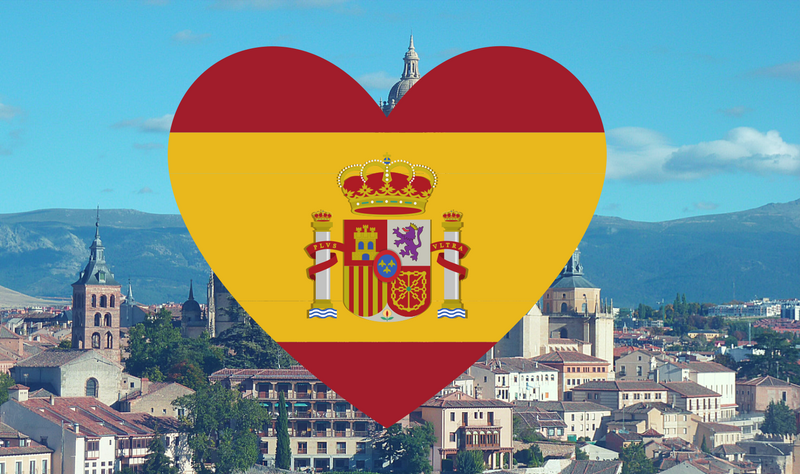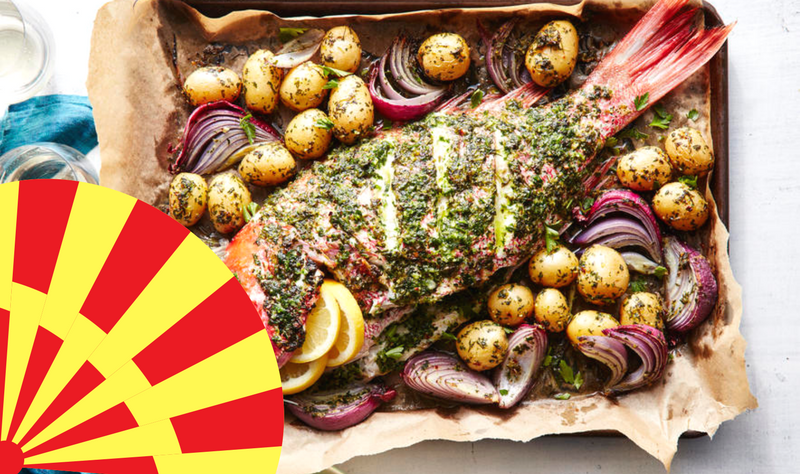Holy week or Easter as it is also known is a tradition in Spain. While in some cities it is celebrated more discreetly only on certain days, there are other cities with a great tradition of celebration for the whole week (Semana Santa). There are many traditions that are famous worldwide, as some of the most deeply rooted in the country. To find out more read on.
Places
In each and every one of the country's cities, large and small, where there is a church, Holy Week is celebrated. Even in small towns it is celebrated with great tradition. In the big cities the celebration lasts longer, for the whole week, and there are cities like Seville and Malaga where this celebration has particular fame and splendour.

Route
The processions go out for a walk through the big cities and travel the way from their church to the cathedral and then return back to their chapal. In most cases the processions consist of two steps, one from Christ and the second from the Virgin. Each step is accompanied by a band that plays music to the rhythm of drums and trumpets while the step is rocked to its rhythm.
Nazarenes
The Nazarenes accompany each step and children take advantage of the stops to ask for sweets with the typical phrase 'Nazarene, Nazarene, give me a candy', which in Spanish is 'Nazarene, Nazarene, dame un caramelo', with rhyme. The Nazarenes usually carry some and although they cannot speak, as they have a vow of silence during the procession, they usually give sweets to the children who ask them. Each religious fraternity has Nazarene costumes of a different colour and a sheild that distinquishes the fraternity.
Holidays
During the week of Semana Santa the children do not go to school, the universities have no classes and ther are businesses that close all week. Although it is always a public holiday on Palm Sunday, Holy Thursday and Good Friday, there rest of the days are not holidays everywhere. Many people take advantage of these days to travel to the coast to experience the good weather that usually prevails on these dates. The beach areas of the Mediterranean and the coast of Andalusia usually enjoy almost 100% occupancy from both tourists and Spanish residents alike.
Environment
The atmosphere of tradition is different in every city. It is worth knowing the Semana Santa (Holy Week) festival in each and every city in Spain, because it is unique and different in each place. These festivities have been declared of International Tourist Interest, and more and more tourists are coming to know them.
Gastronomy
During these dates, it is traditional to avoid eating meat on Thursday and Good Friday. Instead, families tend to eat vegetables and fish, one of the most common being cod, which in fact is difficult to find out of season. During Semana Santa, abstinence from eating meat is a very common tradition in the country. The desserts typical of these dates are 'Torrijas' and 'Monas de Pascua'. Other typical dishes of these dates are 'potaje', 'bunuelos de bacalao', 'sopa de ajo' and 'patatas viudas a la riojana'.
If you are planning to visit Spain, we recommend that you do so on these dates to experience the sensations and traditions of the country in the environment you have almost certainly never known. The atmosphere of the streets, the music of the drums, the rich gastronomy and the good weather are strong points to enjoy a truly unique holiday. Are you in the mood?
Buying or Selling Property in Spain? Contact Costa Space!
Costa Space is an independent estate agency based in Calahonda providing comprehensive property services for Marbella, Mijas Costa and Fuengirola areas in the Province of Malaga.
We are a progressive and innovative agency continuing to strive for excellence through providing sound property advice to our clients and using the latest in the next generation marketing. If you're interested in buying or selling your property on the Costa del Sol, please do not hesitate to contact us.



